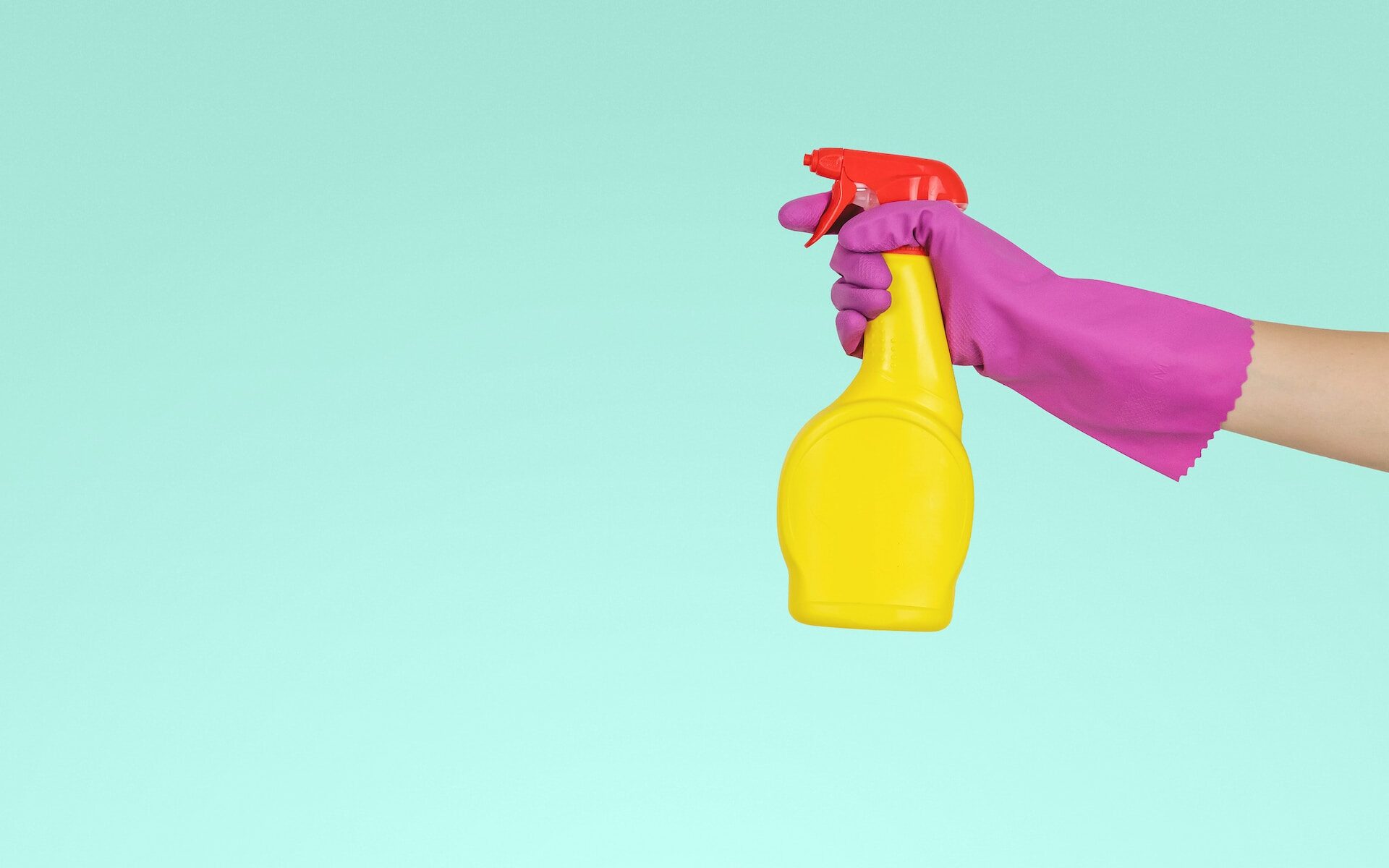Sometimes your mind feels foggy, and you’re on autopilot all day. Various factors could contribute, like not having a nourishing breakfast, not getting enough sleep, or having a stressful day. Thankfully, a slight change in diet could improve memory and cognition. Many well-researched foods are thought to have memory-boosting properties. These foods usually include omega-3 fatty acids and vitamin D, linked to improved brain health and cognitive function. Let’s look at some of the best foods for your brain.
Coffee
Coffee has long been an integral part of people’s mornings. Not only does caffeine wake you up in the morning, but studies have suggested that it can help the brain solidify new memories and increase the retention of thoughts. Caffeine can act as a psychostimulant, allowing the brain to speed up the rate of information processing. This effect can last long after you’ve taken your final sip, increasing overall brain capacity and cognitive function. Some research suggests that caffeine can ward off toxins that may build up in the brain during the day, staving off the fog.
Dark chocolate
Dark chocolate’s good rap usually comes from its proven heart health benefits, but did you know that the sweet treat can also help boost your brain? Dark chocolate has a high concentration of flavonoids, antioxidants with strong anti-inflammatory effects. Studies suggest that dark chocolate can help improve memory and learning efficiency, promote healthy blood flow to the brain, and protect brain cells.
Berries
Berries have been known to improve cognitive function and may slow down brain aging. Packed with antioxidants, berries are known as neuroprotectors that can clean up free radicals in the brain that can cause damage. In particular, blueberries are brain-healthy powerhouses. They contain anthocyanins, a type of phytonutrient known for its cognitive benefits.
Avocados
Although they are high in fat content, avocados are full of monounsaturated fats (the better kind), which may reduce rates of cognitive decline while keeping blood sugar at a constant and healthy level. Avocados also contain a high concentration of vitamin K and folate, which can help prevent blood clots in the brain and improve memory.
Add a few of these superfoods to your diet, and reap the benefits!
Dr. Barbara Edwards, a Princeton MD, is the Academic Director for the Ambulatory Residency Program at Penn Medicine Princeton Health, providing quality care to uninsured and under-insured New Jersey residents in Mercer and Middlesex counties.






